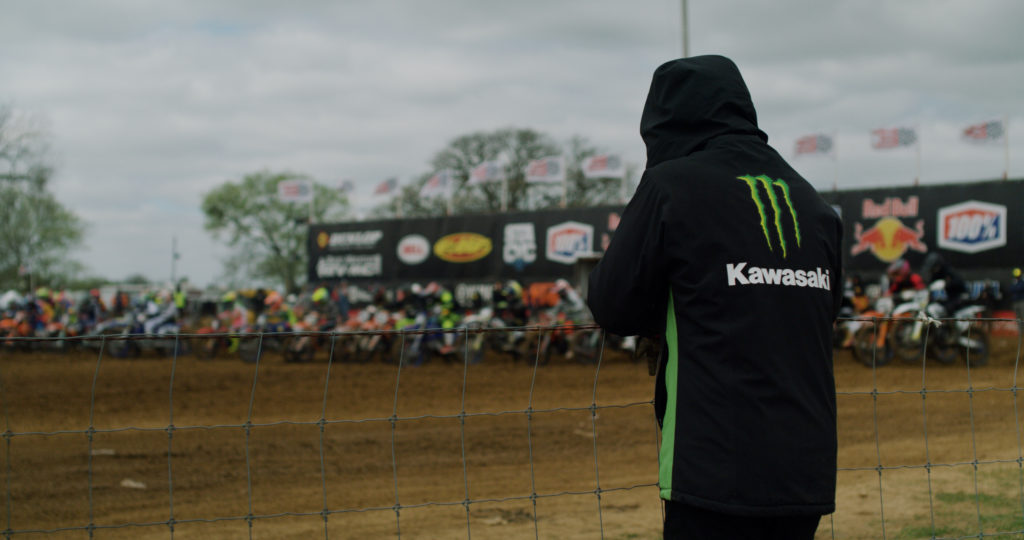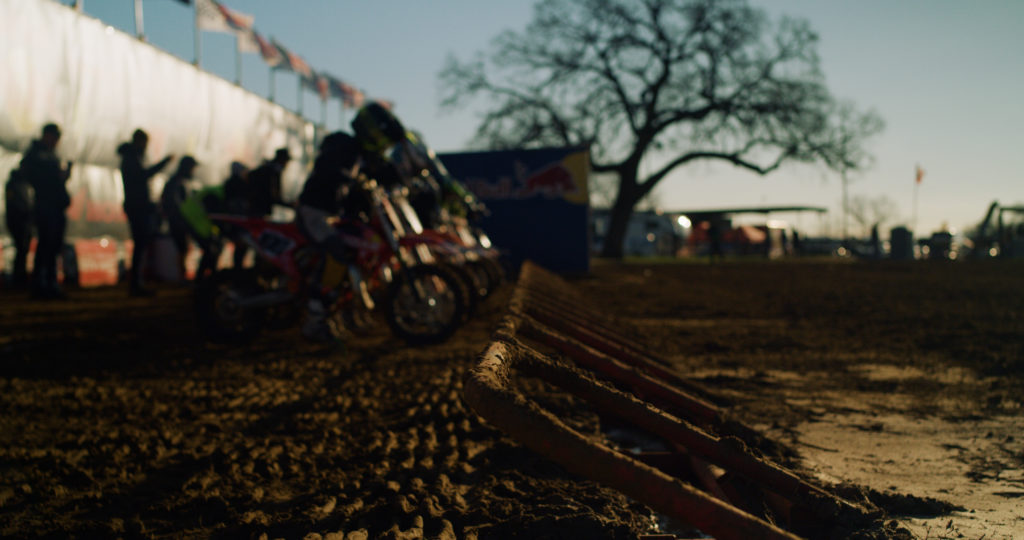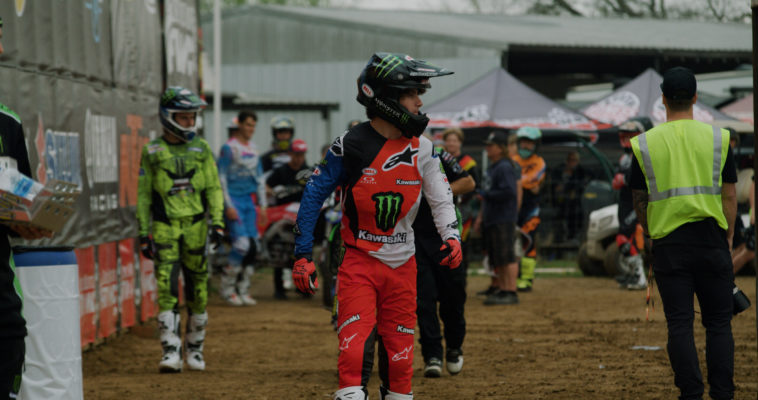ALL IN. When I reflect on my journey within this chosen career path, the phrase “all in” feels accurate. In my humble opinion, if you’re going to “make it” within this vocation, there is no room for half assing it. You are either fully committed (going all in) or you don’t make the cut. What does that mean? Everybody has their own unique journey, and I suspect it’s different for each of us. I’ve sacrificed a lot over the years. I’ve missed birthdays, anniversaries, graduations, vacations, and more for this job. It can truly test your personal relationships with girlfriends, wives, friends, and family. Two of my lowest financial points in my life are both because of this curriculum. At one of my lowest points, I had to cancel several shoots because I didn’t have enough money in my bank account to put gas in my car to be able to drive to the location to shoot so that I could earn my pay check to afford putting gas into my car. Ironic, eh? The second point was when my best friend found out I wasn’t eating too much because I was so broke I simply couldn’t afford to eat. He gave me $12 or $15 that he had in his wallet so that I could afford some food. I ended up on a Taco Bell diet for a week where I made that cash last seven days until I had a check come in from a job. Lots of 70 cent bean burritos with no onions were consumed during this time.
A first look at our new vurb original film, ALL IN. A two part mini-series about amateur motocross racing. Part one goes live on 7.21.21 at vurbmoto.com
Throughout these moments, I could’ve and probably should’ve quit. I should’ve gone back to Disneyland or became a OCTA driver (actually I never talk about it, but at one point I did attempt to go back to Disneyland. But, that’s a story for a different day). It was close to happening. But, for better or worse, I was all in with this filmmaking thing. It’s something I have to do. It’s imperative to who I am as a person. For as little self-confidence as I possess, during those times, I refused to give up on myself. I knew I was good at my job and that I had the ability to “make it.” I just needed to keep pushing through those shit times until I got to the other side. And, because of my stubbornness and determination to make this work, I succeeded in that goal. When you sacrifice a birthday, anniversary, vacation, or a graduation for a job that is making you go broke, you’re both stupid and passionate about what you do. My therapist wouldn’t like the fact that I am calling myself stupid, but at least I am also saying I am passionate about what I do, so perhaps we have reached an impasse?

The ALL IN mentality can also be applied to our amateur motocross community. Families sacrifice a whole hell of a lot for little Johnny to go race his dirt bike, filled with dreams and desires of being the next Jeremy McGrath, Ryan Villopoto, Ryan Dungey, Eli Tomac, James Stewart, or Ricky Carmichael. Personally, the national level of amateur motocross racing breaks my heart. I’ve seen parents in fist fights with other parents, parents screaming at their kid, kids crying, dads crying because their bike has been protested, kids with broken bones and the dad simply leaving the kid on the track because he’s mad at his kid for getting hurt, and a lot more of the years. It breaks my heart to see something that started out as a fun activity can also turn into an ugly and emotional job to be the best on a dirt bike. And, with no guarantee you’ll actually “make it.” The reality is, this sport should be something that brings families together; not tear them apart. In thinking about these things, it sparked an idea. What does it take to get to the highest level of amateur motocross racing? How do you find yourself under that Team Green Kawasaki tent? Hell, how do these teams even go about finding their crop of riders? Well, the catalyst for this idea would be the 2021 JS7 Spring National at Freestone County Raceway in Wortham, TX.

Leading up to Freestone, Wes told me my only objective at Freestone was to make a big, artsy piece about the event after the fact. So, I explained to him my idea and he was all in (see what I did there?). So, for five days, I froze my ass off in Wortham, TX, pointing my camera at the Team Green kids, the Star Racing Yamaha kids, and the currently unknown amateur kids while on a 10-day diet of McDonald’s (sadly, not a joke). We ran a mic on Chance Hymas’ mechanic, Jon Primo, we sat down with Star Racing Yamaha’s (now former) team manager, Will Hahn, to discuss the aforementioned topics, and we also sat down with Team Green Kawasaki’s manager, Ryan Holliday, asking both managers the same questions: What do you look far in the next talent? How do you manage their emotions as they’re becoming young men? How do you keep them from fizzling out and imploding? What do you think caused a lot of former amateur stars to not transition well into the professional ranks, and so on. Honestly, the game plan while shooting these two episodes was very loose. I wasn’t sure what type of imagery I would need to capture in order to tell the story, so I focused on the key players at Team Green and Star Racing while mixing in imagery of the unknown mini bike kids. I managed to capture Wilbur’s sit-down interview at the race. However, because there was no cell phone service at the track, Holliday and I kept missing each other and, as you’re about to learn, that may have been a blessing in disguise.

Five days after getting back from Freestone, I had Holliday scheduled for a sit-down interview at the Kawasaki headquarters in Lake Forrest, CA. In my typical fashion, I managed to pick the most annoying location in the entire building for the interview, which was on the second floor. This meant lugging camera, lighting, and grip equipment up a flight of stairs. Because, you know, why would I make life easy and just find a nice background on the first floor? Once we were setup, I sat down next to camera and in front of Holliday to begin probing him on my list of questions about amateur motocross racing. Genuinely, I was very curious how Holliday and his people go about selecting the next kid to earn a spot under the iconic Team Green tent. I don’t believe that’s something we ever hear about and, growing up as a mediocre, local kid, nobody was looking at me for a ride. So, I want to know: how does this work because I’ve been in this dirt bike world my entire life and I have no damn clue.
What Holliday said over the next 35-minutes was eye-opening, honest, sincere and, to some that will watch the episode, probably a bit harsh. But, he had me enthralled the entire time. The openness in which he discusses his process for selecting the next kid, to his thoughts on why top level amateur kids can implode before they ever make it to the professional ranks was articulate and point blank. “You gotta learn to lose. And, that starts from the beginning,” said Holliday when I asked him why we see so many kids fizzle out after turning pro. And, you know what? He isn’t wrong. We tend to see many amateur kids treated as “the man” because all they did was win, win, and win. Then, they transition into the professional ranks and, more often than not, they become just another face on the gate. Understandably, that’s a hard pill to swallow. And then you add in the fact that this kid’s mom and dad spent their entire life savings, sold the house and boat, ignored their other child because Johnny was on the fast track to the big leagues and now it doesn’t pan out how they thought… Then what? The animosity that can rise to the surface is frightening. And, for what?
Internally, here at vurbmoto, we’ve been asking ourselves that question while working on this project. The percentage of kids that “make it” is well… I’d say your odds are better playing the lottery. And, to define “making it” that means being a factory rider that is winning races and championships. Or, if we want to up the percentages a little bit, we can say being a factory rider that is earning a proper salary that is well above $100,000 a year. I don’t even want to bother getting into that whole deal, but if you ask me, like in major league baseball, there should be a guaranteed salary when you hit the professional ranks (yes, I know moto is small and doesn’t have that type of ability. I get it and I understand that. Just humor me for a moment). The current MLB league minimum is $570,500 a year. LEAGUE. MINIMUM. No matter what, that is your guarantee’d minimum salary at the major league level, per year. For some perspective, motocross families gamble their entire life away to make it to the professional ranks for a contract that is between $30,000 to $60,000 in their first year or two, and the risk of serious injury and/or death far exceeds that of professional baseball. Of course, there is always the exception to the rule. But, even those exceptions are rarely going to come close to that MLB league minimum. And, it comes back to the simple question of why? And, that is what the objective is with ALL IN. How and why? Both Ryan Holliday and Wil Hahn do their best to answer these questions and acknowledge there is no such thing as a sure thing. There are no guarantees in our sport.

And, I think this is why motocross is such a unique sport. It takes true passion, true dedication, and a level of stupidity to sacrifice everything and go all in. Just like I did with filmmaking in the dirt bike industry. I went all in and bet on myself. Most definitely it was a stupid idea. But, when you have this burning sensation in the pit of your stomach that is telling you that this one thing you love… You just have to figure it out. You have to go do this one thing because if you don’t it feels like it’ll crush you, and the dollar signs don’t matter. That’s love. That’s pure determination and desire. That’s being ALL IN.
ALL IN – Part One: Team Green Kawasaki will go live on vurbmoto.com on 7.21.21
ALL IN – Part Two: Star Racing Yamaha will go live on vurbmoto.com on 7.28.21






